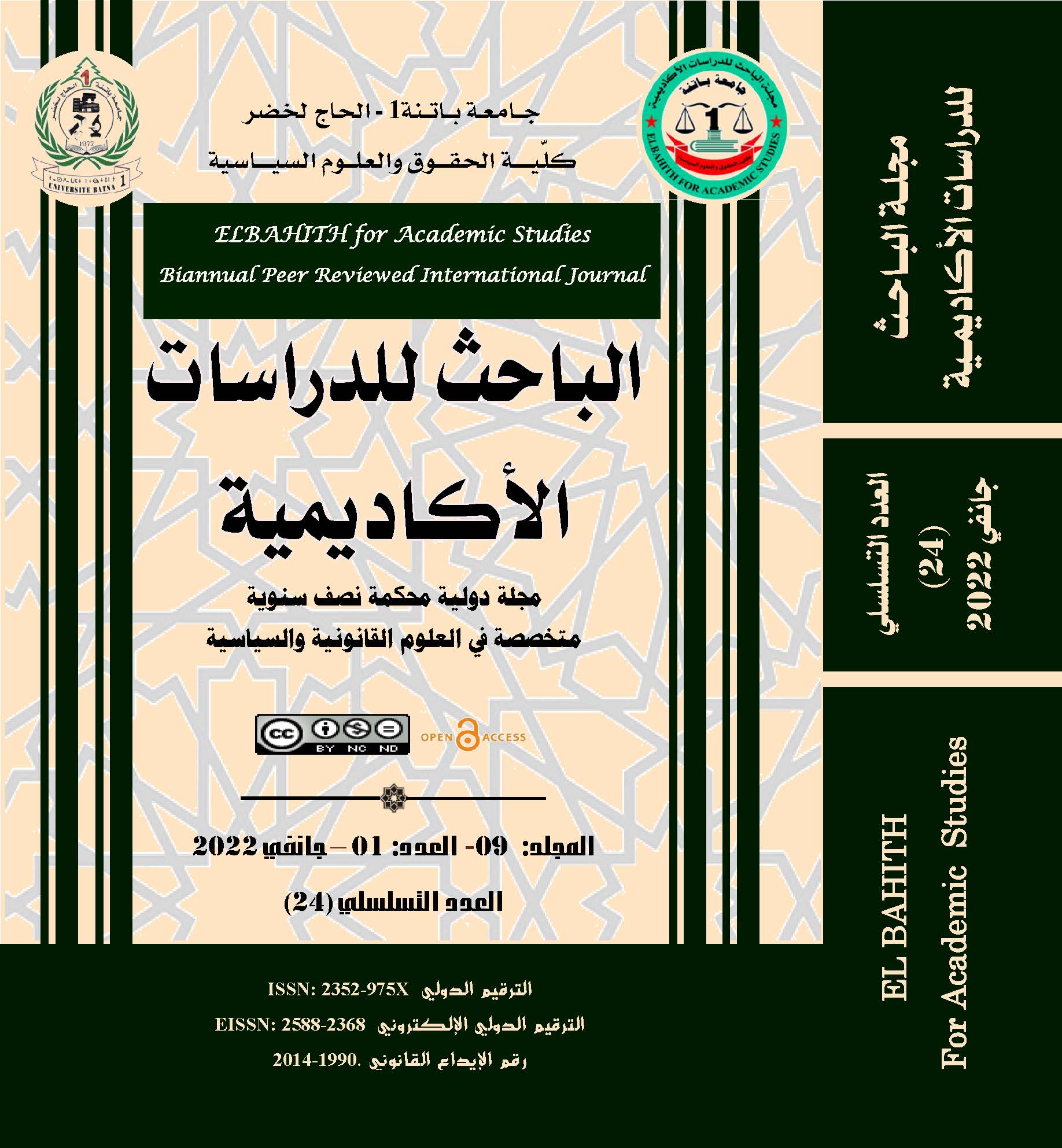Electronic democracy: concept, mechanisms and challenges Lessons learned from international experiences
DOI:
https://doi.org/10.59791/efas.v9i1.1346Keywords:
Internet, Democracy, Electronic democracy, Information and communication technologyAbstract
The world of the twenty-first century is a dynamic electronic world, as the last years of the last century clearly showed a trend towards digitizing society, so it is not surpris that this enthusiasm for digitization affects many otheraspects of life, and therefore the concepts of e-government, e-democracy and electronic participation are the subject of differentwich are implemented in different ways, in response to the increasing demand for participationin public decision-making.
Information and communication technology provide new means to improve the performance and image of democracy and democratic institutions, which make it possible to increase the efficiency and effectiveness of democratic institutions in terms of quantity and quality, especially in the fields of political work, communication, political participation and political advice. It also helps to create new forms of access to information and participation in Taking political decisions and services and directly influencing work inside and outside political institutions.
Downloads
Published
How to Cite
Issue
Section
License

This work is licensed under a Creative Commons Attribution-NonCommercial-NoDerivatives 4.0 International License.





